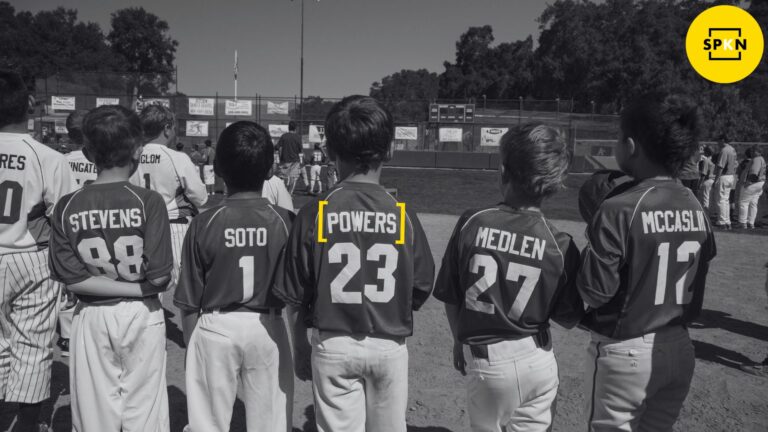
Empowering the Athlete Within: The Importance of Understanding Athlete Identity
Coaches play a crucial role in the holistic development of athletes, impacting their personal and professional growth in significant ways. By focusing on building positive relationships, fostering a healthy team environment, balancing athletic and personal development, and recognizing the individual needs of athletes, coaches can nurture and positively influence their athletes' identities.
Read MoreEmpowering the Athlete Within: The Importance of Understanding Athlete Identity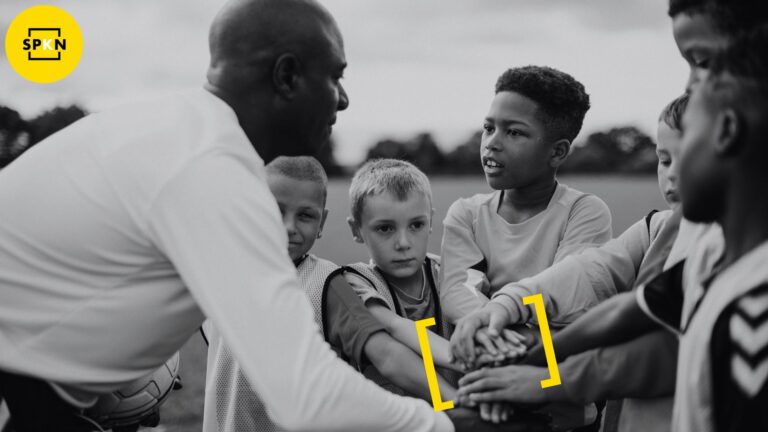
Unlocking Team Success: Integrating Cultural Competence in Coaching
In the dynamic world of sports, cultural competence is becoming an essential skill for coaches who work with diverse teams. Understanding and integrating athletes' varied cultural backgrounds into coaching methods fosters inclusivity and enhances team communication and performance. This article explores strategies for sport coaches to develop cultural competence and create a more cohesive and successful team environment.
Read MoreUnlocking Team Success: Integrating Cultural Competence in Coaching
The Pros and Cons of Wearable Technology for Collegiate Athletes
In recent years, wearable technology has revolutionized the sports industry, providing athletes, coaches, and sports scientists with unprecedented data on performance, health, and recovery. Devices such as GPS trackers, heart rate monitors, and sleep analyzers offer a wealth of information that can enhance training programs and prevent injuries. However, the widespread adoption of these technologies also brings significant drawbacks, particularly concerning the personal development and autonomy of collegiate athletes.
Read MoreThe Pros and Cons of Wearable Technology for Collegiate Athletes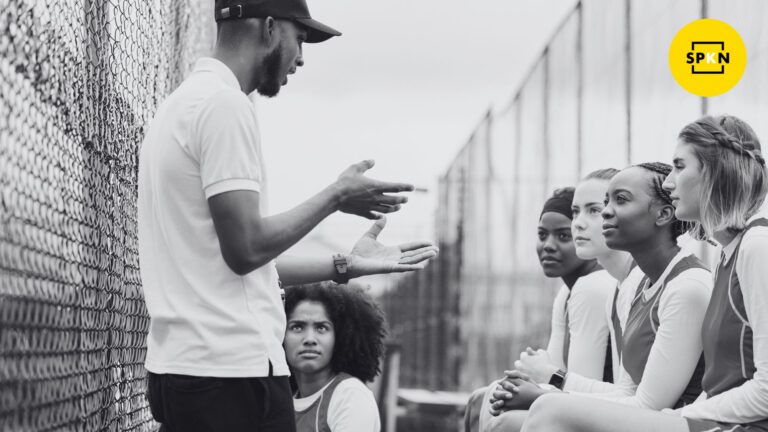
Mastering Coach Communication: The Power of Public Praise and Private Correction
Effective communication is a cornerstone of successful coaching, and one of the most impactful strategies is the principle of "Praise in Public, Condemn in Private." This approach is not just about being nice; it's a strategic tool that can significantly enhance team dynamics and individual performance. As coaches, embracing this principle is a testament to our commitment to compassion-powered leadership.
Read MoreMastering Coach Communication: The Power of Public Praise and Private Correction
Authentic Athletics: Unveiling Personal Fulfillment in Sports Through the Lens of Positive Psychology
In the realm of sports psychology, understanding the intricate relationship between identity, well-being, and performance is crucial. Eudaimonic identity theory offers a unique perspective, emphasizing the pursuit of self-realization and flourishing. This theory suggests that individuals strive for authenticity and fulfillment through activities that align with their true selves. When applied to sports, it unveils a deeper understanding of how athletes can experience personal growth and express who they are through their sport.
Read MoreAuthentic Athletics: Unveiling Personal Fulfillment in Sports Through the Lens of Positive Psychology
Athlete Identity: The Importance of Sport Knowledge
Sport knowledge refers to the comprehensive understanding of the sport, it goes beyond knowing its rules, techniques, strategies, and includes historical context, social influences, and the science infused within it. When coaches possess in-depth knowledge of their sport, they become trusted sources of information and guidance for their athletes. This expertise helps shape the athlete's identity, as they look up to their coach as a role model and mentor.
Read MoreAthlete Identity: The Importance of Sport Knowledge
Monthly Research Round Up
You are unauthorized to view this page.

Miracle on Ice– The Culture Shift to Shock The Nation
Hard work beats talent when talent doesn’t work hard.” – Coach Herb Brooks
The year was 1980. The Cold War was well underway, money was tight, times were
tough, and morale was low. Doused in sweat, tears, and dreams sat the team who
shifted the nation with a singular sports win, later to be deemed “The Miracle on Ice.” 44
years later, we continue to assess the culture of the USA hockey team, and the key to
their unbelievable win against the Soviets that fateful winter night.
Read MoreMiracle on Ice– The Culture Shift to Shock The Nation
Performance Anxiety: Understanding Anxiety in a Sports Context
You are unauthorized to view this page.

5 Strategies For Athletes to Relieve Performance Anxiety
You are unauthorized to view this page.
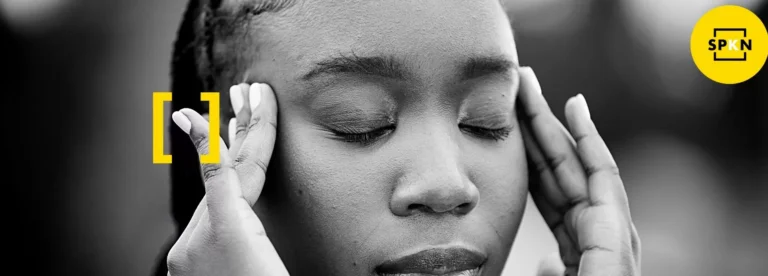
Athlete Anxiety: 10 Strategies Coaches Can Use to Help Reduce the Pressure
In the field of sport, anxiety is a pervasive occurrence among athletes. As sport leaders, it is imperative to comprehend and address this issue to optimize our athlete’s performance and overall mental well-being. This article will delve into ten proven strategies that can aid athletes in managing anxiety. These strategies are derived from numerous research studies and practical insights.
Read MoreAthlete Anxiety: 10 Strategies Coaches Can Use to Help Reduce the Pressure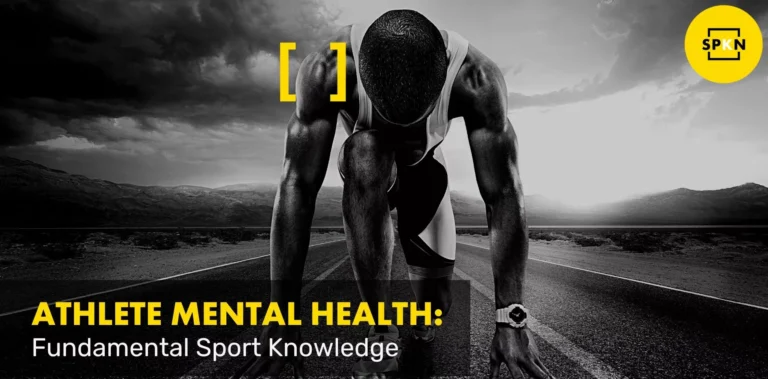
Athlete Mental Health: Foundational Sport Knowledge
As coaches and sports leaders, the holistic development of our athletes is our primary concern. Mental health plays a crucial role in their overall well-being. This piece aims to shed light on prevalent mental health issues among athletes, emphasizing the unique stressors they encounter.
Read MoreAthlete Mental Health: Foundational Sport Knowledge
Overcoming Poor Coaching Habits: Understanding How Your Coaching Impacts Your Players
We all talk a good game when pointing out the pivotal role sport leaders play in shaping the WHOLE athlete; however, ineffective coaching can lead to detrimental outcomes, affecting athletes' performance, motivation, and overall well-being. This article delves into the effects of poor coaching, drawing from research studies and practical insights. It also provides recommendations on how we as coaches can move away from "old school" coaching habits that lack merit and perhaps no longer reach the digital native athletes that now inhabit our fields and courts.
Read MoreOvercoming Poor Coaching Habits: Understanding How Your Coaching Impacts Your Players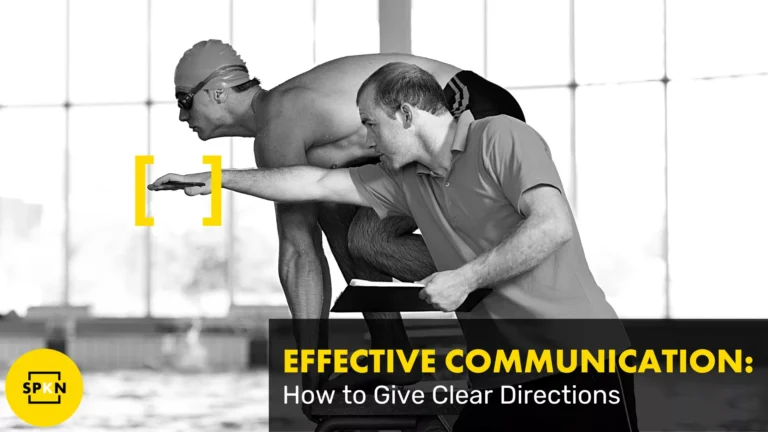
Effective Communication: How To Give Clear Directions
All too often, we, as coaches, believe we have given crystal clear directions. Why, then, are my players not able to follow through? It turns out that giving clear directions is not only an essential part of the coach-athlete relationship but a vital element of athlete development.
Read MoreEffective Communication: How To Give Clear Directions
Monthly Research Round Up
Welcome to the Monthly Research Round Up! The goal of this round up is to provide you, the reader, with a curated place to come learn about the most cutting edge research focused on sport.
Read MoreMonthly Research Round Up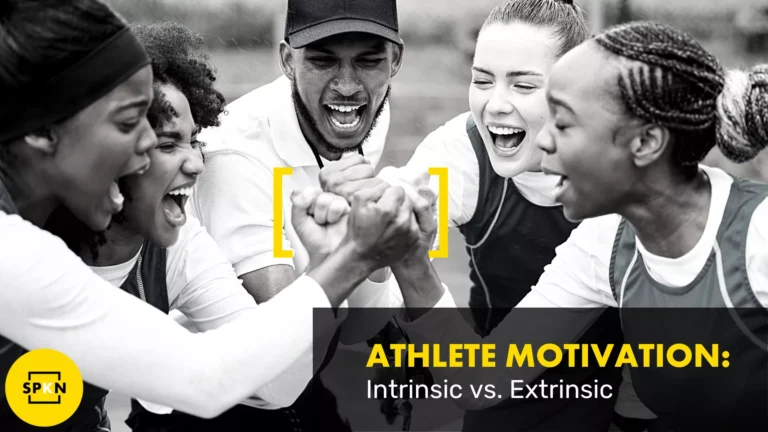
Athlete Motivation: Intrinsic vs. Extrinsic
As a coach, understanding the dynamics of motivation is crucial in guiding your athletes towards their highest potential. At the heart of this understanding lies the distinction between intrinsic and extrinsic motivation. These two types of motivation, though different in nature, work hand-in-hand to drive athlete development.
Read MoreAthlete Motivation: Intrinsic vs. Extrinsic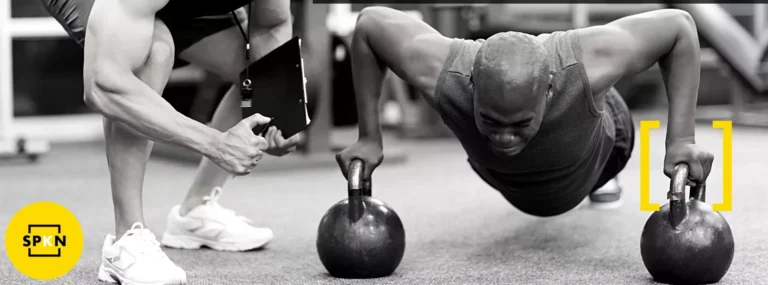
Athlete Motivation: A Coach’s Perspective
In the next several weeks, I thought it might be interesting to delve into the dynamic world of athlete development, placing a spotlight on motivation - a fundamental driver of peak performance and continual growth. Let’s take a look at the different aspects of motivation and how we, as coaches, can significantly influence and cultivate this drive in our athletes.
Motivation plays a pivotal role in athlete development. It serves as the driving force that influences an athlete's behavior, their level of commitment, and, ultimately, their performance in their chosen sport. Understanding the theories and mechanisms of motivation is crucial for coaches who aim to effectively harness this intrinsic power in their athletes.
Read MoreAthlete Motivation: A Coach’s Perspective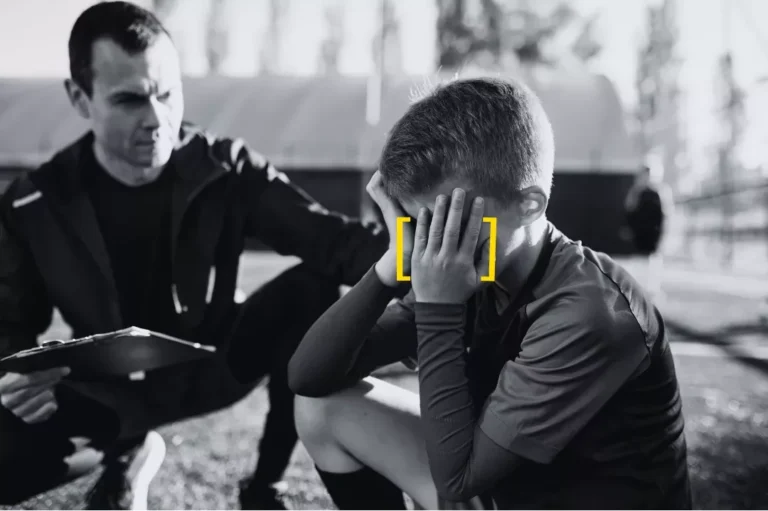
Winning Matters, but Youth Coaches Shouldn’t Let It Consume Them. Here are Some Tips.
Mark Uyl has been watching, coaching or refereeing Michigan high school sports for three decades. The hundreds of games he has seen, especially when they are played indoors where the spectators are close and the sound is magnified, have revealed at least one “absolute truth,” he says.
“That coach who is ranting and raving up and down the sideline, gesturing and emotionally reacting to calls and non- calls,” Uyl, the executive director of the Michigan High School Athletic Association, tells USA TODAY Sports, “I can tell you 100 percent of the time, that tends to inflame that school’s fan base. “The way that coaches act,” he says, “has a direct correlation for how their spectators act.”
Read MoreWinning Matters, but Youth Coaches Shouldn’t Let It Consume Them. Here are Some Tips.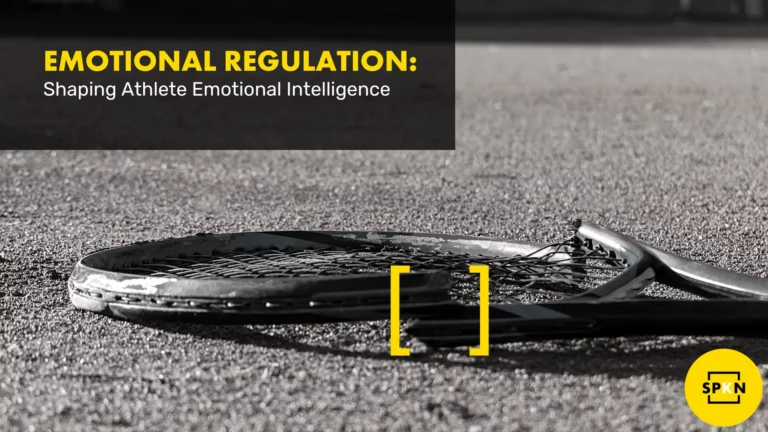
Emotional Regulation: Shaping Athlete Emotional Intelligence
As coaches, we are well aware that there is more to performance than just physical prowess. Let’s delve into the role of emotional regulation and explore how it influences every aspect of our athlete's performance. In this edition, I will outline the various strategies that can be employed to manage emotions effectively, drawing from academic research and practical insights.
"Sport coaching is not just about honing the physical skills of an athlete but also about nurturing their mental fortitude. We, as coaches, play an instrumental role in shaping their emotional intelligence, enabling them to manage their emotions effectively for optimal performance." - Meg Wilson
Read MoreEmotional Regulation: Shaping Athlete Emotional Intelligence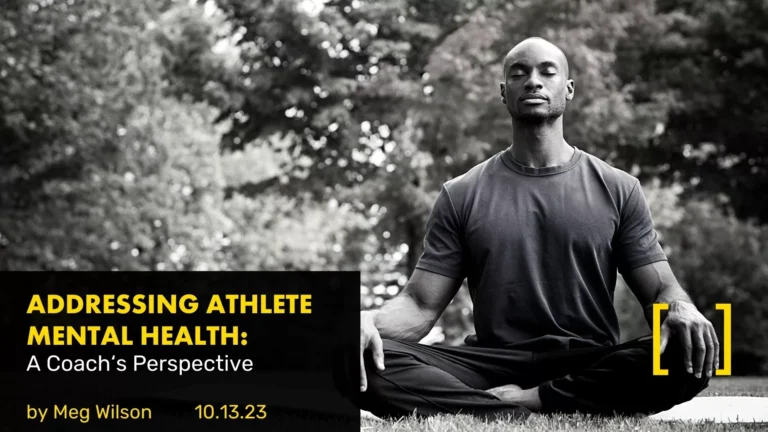
Addressing Athlete Mental Health: A Coach’s Perspective
As experienced sport coaches invested in our player’s athletic and personal development, it's crucial for us to recognize the significance of athlete mental health. We train our athletes physically to excel, but what about mentally and emotionally? How can our athletes reach their FULL potential without these being in optimal condition? High-profile athletes have recently brought this issue to the forefront and now it is time to take action.
Read MoreAddressing Athlete Mental Health: A Coach’s Perspective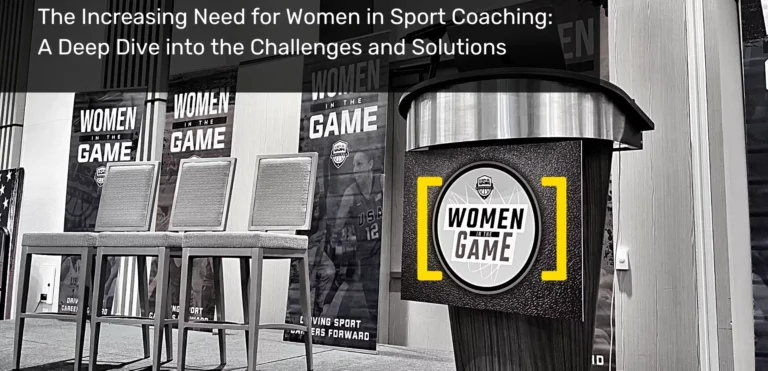
The Increasing Need for Women in Sport Coaching: Challenges and Possible Solutions
The Challenges Faced by Women in Sport Coaching
Women aspiring to become coaches at the highest levels of sports face several major challenges:
Read MoreThe Increasing Need for Women in Sport Coaching: Challenges and Possible Solutions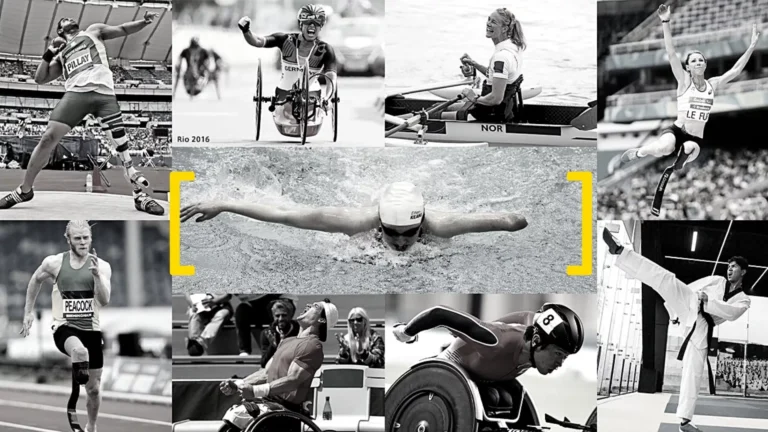
Exploring the Realm of Para-Athletes: The Intersection of Sports and Superhuman Strength
When it comes to the world of sports, a certain segment often gets overlooked - the para-athletes. These extraordinary individuals defy the odds, showcasing exceptional strength, resilience, and determination in the face of physical impairments. Let's shed a little light on the extensive sport knowledge required to understand these athletes' journey, their classification, and the pathway to becoming a Paralympian.
Para-athletes are, in essence, athletes who have a health condition that results in some form of disability. However, their impairments don't hinder their sportsmanship spirit but rather, adds a new dimension to it. The world of para-sport is a testament to how the human spirit can triumph over physical constraints.
Read MoreExploring the Realm of Para-Athletes: The Intersection of Sports and Superhuman Strength
Enhancing Sport Knowledge: Well-Being and Quality-of-Life in Para Athletes
Sport Knowledge plays a crucial role in understanding the dynamics of different sports, including para-sports. The mental health of athletes, particularly those participating in para-sports, has been a topic of growing interest and concern in recent years. Let’s take a peek at the current state of research on well-being and quality of life in people with disabilities engaged in sports, athletes with disabilities, and para-athletes.
Read MoreEnhancing Sport Knowledge: Well-Being and Quality-of-Life in Para Athletes
Athlete Learning: Unpacking Sport Knowledge and Coaching Methods
You are unauthorized to view this page.
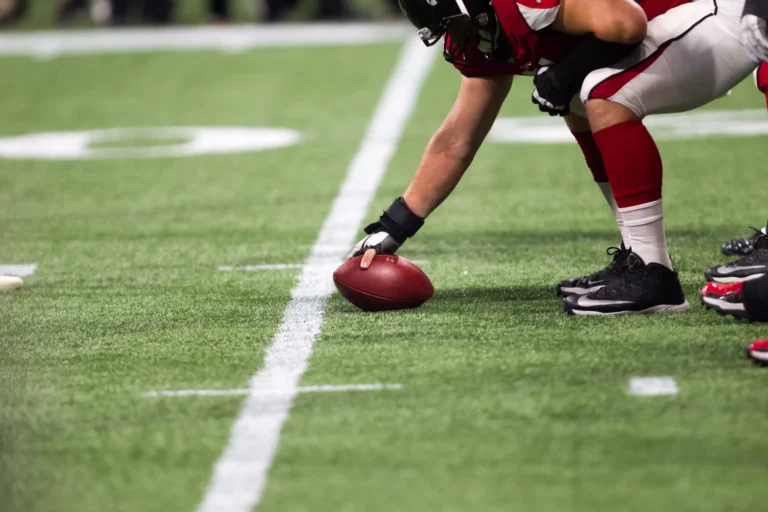
17 NFL Greats Who Were Terrible at the Scouting Combine
The NFL Scouting Combine is a useful tool for comparing a college star’s athletic traits against the rest of his draft class. It’s not the ultimate judgment of a player’s worth or an airtight indicator of his future success.
Read More17 NFL Greats Who Were Terrible at the Scouting Combine
Assessing the Sociology of Sport: On Cultural Sensibilities and the Great Sport Myth
On the 50th anniversary of the ISSA and IRSS, Jay Coakley, a foundational scholar in the development
of the sociology of sport, reflects on the lasting power of the Great Sport Myth (GSM) to shape cultural understandings of sport.
Read MoreAssessing the Sociology of Sport: On Cultural Sensibilities and the Great Sport Myth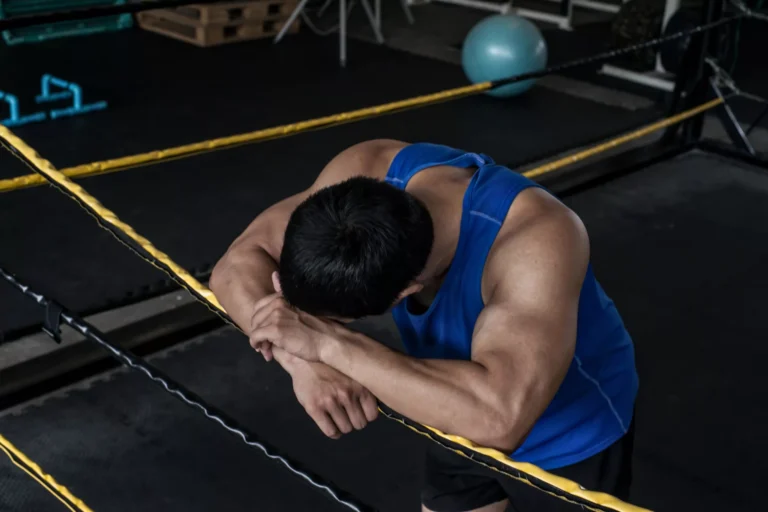
Exploring the Impact of Coaches’ Emotional Abuse on Intercollegiate Student-Athletes’ Experiences
Despite widespread anecdotal accounts of coaches’ emotional abuse in intercollegiate sports, empirical literature is lacking. To address this gap, the present exploratory study was designed to explore how former intercollegiate student-athletes interpreted experiences of emotionally abusive coaching.
Read MoreExploring the Impact of Coaches’ Emotional Abuse on Intercollegiate Student-Athletes’ Experiences
Opinion | Russian Olympic Abuses Keep Happening. When Will Child Athletes Be Protected?
Since a 15-year-old Russian girl named Kamila Valieva was destroyed before our eyes on an Olympic skating rink, there has been the usual uproar. We rail against the coaches who turn girls into disposable, miserable robots. We call for higher age minimums for competitors. We trot out the greatest-hits list of abuses in elite figure skating (issues that also overlap with gymnastics): anorexia, bulimia, debilitating injuries, pressure, burnout, body-shaming, painkillers, suicide attempts.
Read MoreOpinion | Russian Olympic Abuses Keep Happening. When Will Child Athletes Be Protected?
For Years She Said a Coach Abused Her
For Years She Said a Coach Abused Her. Now She Has Named a Legend.
Jennifer Fox has long discussed what happened when she was 13 and her coach was 40. She even based a film on it. Now she has revealed the final detail: his identity.
Read MoreFor Years She Said a Coach Abused Her
Rethinking How To Make Weight
Weight loss is often seen as the end all be all of health, but is that truly the case? Dr. Ashley Bent explores many questions surrounding weight loss, and reframes how we look at food and exercise.
Read MoreRethinking How To Make Weight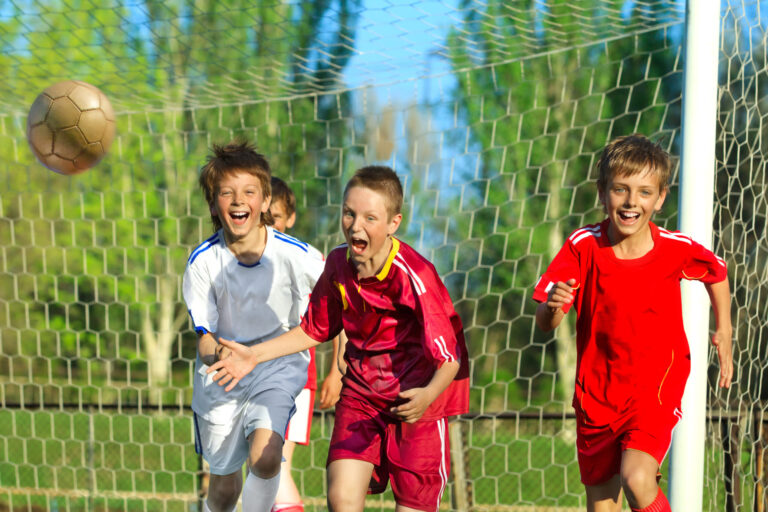
4 Questions for 4 Leaders Edition 2: Youth Development and Child Protection
Ju'riese Colon, Jasmine Ching, Kathering Anderson, and Joao Tralhao each share their perspective on a series of topics surrounding youth sports and Covid-19. Each leader shares their insight about the impact Covid-19 has had on youth sport development, as well as some of the way their respective organizations are addressing youth development and child safety in sport.
Read More4 Questions for 4 Leaders Edition 2: Youth Development and Child Protection
Pre-Performance and Post-Performance Nutrition
One of the most reliable ways for an athlete to improve their performance is to maintain a proper diet. There are a few general rules about what an athlete should eat before and after a workout in order to have enough energy to perform, as well as aid in recovery.
Read MorePre-Performance and Post-Performance Nutrition
Working Out and Mental Health Go Hand in Hand
Dive deeper into how fitness and staying active can improve your mental health. This article lays out the many ways in which exercise can help somebody with a variety of mental health struggles. Included also are tips and tricks about how to develop healthy life habits.
Read MoreWorking Out and Mental Health Go Hand in Hand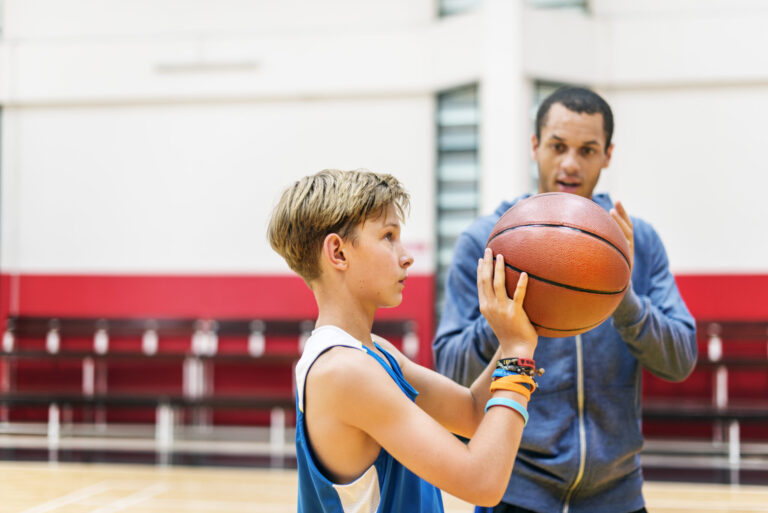
Weight Room Coaching Cues
Volt Athletics' CEO Dan Giuliani talks about the importance of mental health in his own life personally and professionally. Giuliani specifically shares about mental health through the lens of entrepreneuership and how he can see the conversation around mental health in professional settings changing.
Read MoreWeight Room Coaching Cues
Four Things You Should Know About Synthetic Cannabinoids
The article discusses the differences between naturally occurring cannabinoids such as THC or CBD, and synthetic cannabinoids (cannabimimetics) which are created in a laboratory. Included is a description of cannabimimetics, usage, and legality. Cannabimimetics are dangerous and illegal for anyone, but they can also be ground for disqualification if found on a drug test for an elite athlete.
Read MoreFour Things You Should Know About Synthetic Cannabinoids
How Coaches Can Create The Ideal Learning Environment
Changing the Game Project founder John O'Sullivan outlines what he believes is the ideal learning environment for athletes and coaches. O'Sullivan's methodology was informed by that used in the Manchester United Football Club developmental program. He also shares some ways to communicate with parents of youth athletes.
Read MoreHow Coaches Can Create The Ideal Learning Environment
Tips and Tricks for Filing Whereabouts
This article provides an explanation of Whereabouts and why they are necessary. There are two groups that make up the overall testing pool that are subject to Whereabouts: the Registered Testing Pool (RTP) ad the Clean Athlete Program (CAP). Included are the differences between the two testing groups, as well as tips for athletes in either pool for properly filing Whereabouts.
Read MoreTips and Tricks for Filing Whereabouts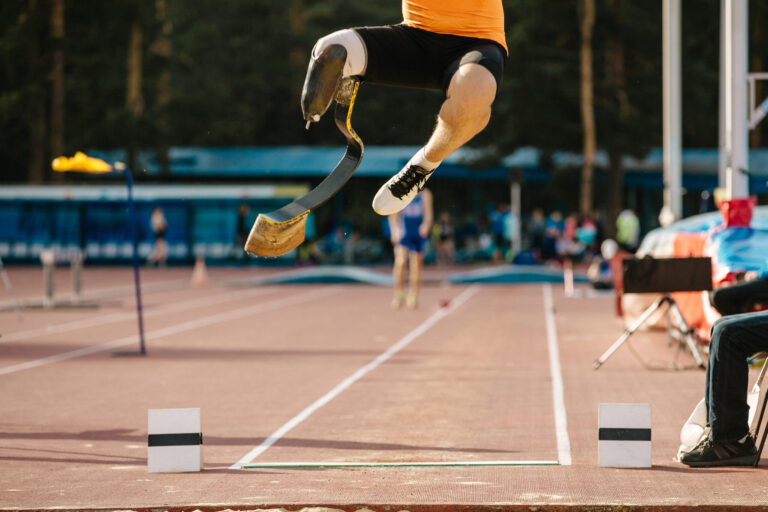
Paralympian Desmond Jackson on Why Diligence Matters
Paralympic Track and Field athlete Desmond Jackson recounts how his career was changed forever at the 2021 Paralympic Trials. Jackson took a pill from his coach, whom he trusted completely, without thinking twice about it. He looks back on that moment and shares the importance of diligence in all aspects of life: personal and professional.
Read MoreParalympian Desmond Jackson on Why Diligence Matters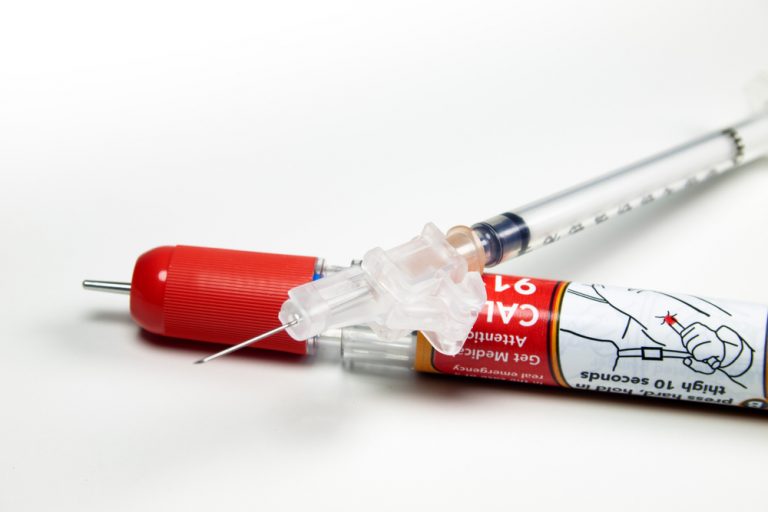
What Athletes Need to Know about Epinephrine Auto-Injectors
It is fairly common for people to have severe allergies that may require the use of an EpiPen. For athletes competing at the highest level this can get complicated as epinephrine is a banned substance according to the WADA Prohibited List. Athletes who experience an emergency and need to use an EpiPen are able to obtain a Therapeutic Use Exemption to retroactively excuse the use of a banned substance.
Read MoreWhat Athletes Need to Know about Epinephrine Auto-Injectors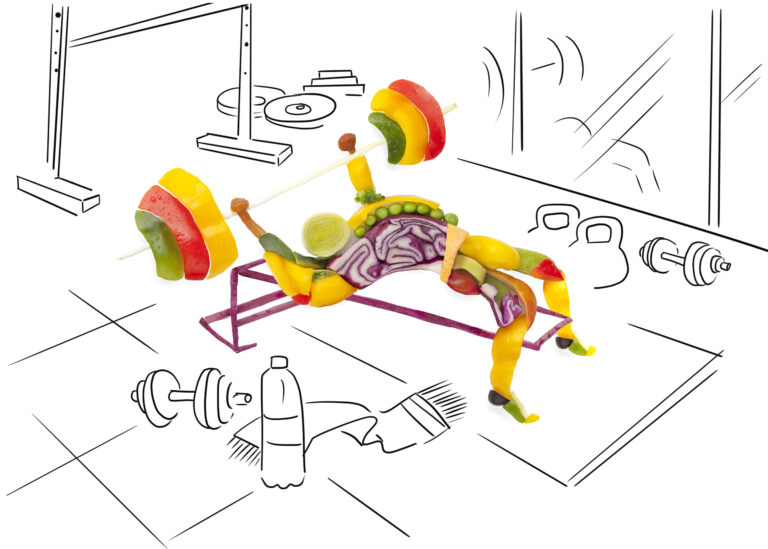
Fueling with Olympic Weightlifter Abby Raymond
Learn what it takes to get all the nutrition that an Olympic Weightlifter needs by exploring the diet of Abby Raymond. There are many constraints that an elite athlete must consider in their diet, including anti-doping rules, so Raymond uses a food-first approach. The food-first approach is a diet that does not need any nutritional supplementation outside of what the food itself already provides.
Read MoreFueling with Olympic Weightlifter Abby Raymond
Confidence is a Feeling, Competence is a Behavior
The difference between confidence and competence is stark, but not always visible. John O'Sullivan, aided by top performance psychologist Jonah Oliver, breaks down the differences and explores the potential to praise the competence of elite athletes while neutralizing stress, fear, or other performance detriments.
Read MoreConfidence is a Feeling, Competence is a Behavior
Keeping Youth Athletes Safe in a Virtual World During COVID-19
Sean Jensen interviews SafeSport CEO Ju'Riese Colon about how protocols may change with all team sessions happening virtually during the Covid-19 lockdown. Parents are urged to outline behavioral expectations for online activities, where abuse is common. Many of the same guidelines for coaches should be followed in the same way, such as no private/1-on-1 time between coaches and youth athletes. The article closes with tips for coaches, parents, and athletes, about navigating some of these issues.
Read MoreKeeping Youth Athletes Safe in a Virtual World During COVID-19